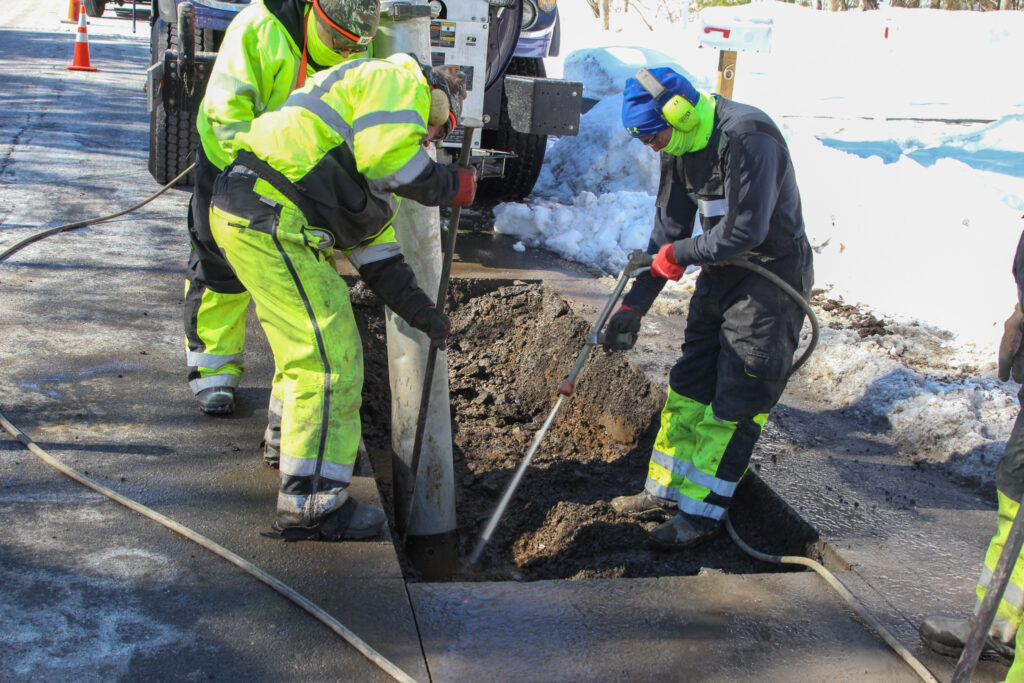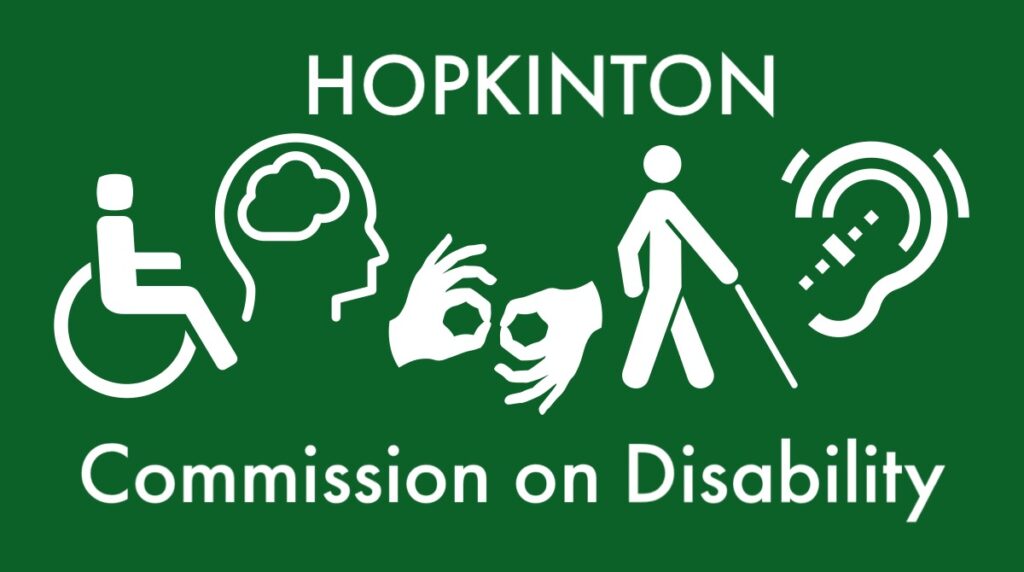Health Director Shaun McAuliffe told the Board of Health at its meeting Wednesday that an email he received led to his investigation that uncovered five illegal food operations in town.
“We had received a complaint about a food service establishment that was operating out of someone’s home,” he explained. “We investigated it and learned that they were preparing food for about 300 people.”
According to the email, the food preparer — whom McAuliffe did not identify — used the WhatsApp platform to take orders for Indian cuisine prepared at a home in the Legacy Farms neighborhood. An attached screenshot of the menu showed dishes including sabudana khichdi, vada pav, roti and curry dishes. Orders were placed via direct message.
McAuliffe joined WhatsApp and was able to track down the operator by the phone number.
“After that, it was disclosed to us through another source that there were multiple kitchens operating in the same format,” he continued.
In another case he researched, a legal Rhode Island business was distributing spices to illegal operations in Hopkinton.
While investigating this case, the search algorithm led him to the other illegal vendors. None of them were permitted, according to McAuliffe. Cease-and-desist letters were issued in all five cases. There were three home-based restaurants, a party platter business and an “establishment operating as a wedding and function venue.”
“You opened up a can of worms,” said BOH chair Richard Jacobs, adding that internet searches are helpful because then an informant is not involved. He speculated whether others may be operating illegal alcohol or tobacco distribution operations in the same fashion.
McAuliffe and Town Manager Norman Khumalo agreed that enforcing these regulations should also lead toward a pathway of compliance. One operator has been receiving assistance over the past two months from McAuliffe to open a restaurant legally, while three others are considering it.
McAuliffe explained to each operator that there were ramifications they never had considered if someone got sick from the food. There is no insurance coverage for the illegal business, and the homeowner’s insurance won’t cover claims. In a couple of cases, the operations also violated homeowners agreements. If the Department of Revenue investigates these operations, there is a concern about tax evasion.
Said McAuliffe: “You open yourself up to an incredible amount of liability, and most of them were not aware of the liability.”
Some help with online investigation may be coming to the Health Department soon in the form of tech-savvy public health students from Regis College. McAuliffe recently formed an internship partnership with the college.
While four of the operations have ceased, the one operating as a wedding and function venue has not, recently using a tent to continue with the activity.
McAuliffe said he hoped to partner with the Police Department and Fire Department so that they would make him aware if they spotted any suspicious activity like this, particularly on nights and weekends.
He added: “If anything, this situation has brought different departments together with me to try to solve this.”
COVID-19 testing discussed
In other Board of Health news, Public Health Nurse Simone Carter noted that the federal government earlier this week approved a COVID-19 vaccine booster. The Health Department has been awaiting state guidance as to when it will be available for distribution.
Carter noted that the previous bivalent booster shots no longer can be used. The new booster is univalent and targets the most current strain of the virus.
More data about the COVID-19 rates in town should be available later in the week, McAuliffe said. The virus is expected to spike due to children returning to school.
Jacobs asked her to provide “what the red flags are” for health concerns that should be on the board’s radar, including COVID-19.
“We all know that we’re in a COVID surge,” Carter said. “We don’t test as much because we know what to do, like stay home and isolate.”
Response actions are triggered by how illnesses, such as COVID-19, norovirus or hepatitis, are spread, McAuliffe noted.
Carter added that a lot of illnesses are seasonal, particularly now with respiratory illnesses.
She added that free COVID-19 tests will no longer be offered because there is no government funding. The current vaccine program for children will continue.
Carter recommended that people seeking COVID-19 vaccines consult their doctors or pharmacists.
Said Carter: “Until we have a little bit more support from the state, I don’t recommend that we go out on our own on that.”
There is “value to pursuing the privately funded vaccines on a town basis,” she added. Carter also expects a “bridge program” for the vaccine promised by the federal government via state governments as the transition from government-funded vaccines to privatization commences. The new shot is expected to cost around $130.
“Once the state figures out exactly how they are going to do the bridge program for our vulnerable seniors, we will be able to address that going forward,” said Carter. “There’s no need to worry people, but we don’t have anything definitive just yet.”
PFAS update provided
The state’s Department of Environmental Protection and the Environmental Protection Agency are reviewing whether to drop the reportable concentration number of PFAS (human-made per- and polyfluoroalkyl substances) for municipal wells to 4 parts per trillion, McAuliffe said. Private well concentration rates are expected to remain at 20 parts per trillion.
He is also in the process of initiating a “downgradient property status” for the MetroWest YMCA Family Outdoor Center on East Street. An off-site secondary backup well on the lower level of the property was determined to be one of the highest sources of PFAS in the community. This would allow the YMCA to receive liability relief.
McAuliffe stressed that residents considering having their water privately tested for PFAS should check to ensure that the lab is certified in Massachusetts. He gave the example of a resident who used a non-state-certified lab and “spent a significant amount of money” only to receive a report that “didn’t make sense.”
McAuliffe said the lab told the resident that it had sent the test to a second lab. A joint investigation with the DEP showed that this lab “possibly made up data.” A complaint is in the process of being filed with the Attorney General’s Office on behalf of the resident. McAuliffe called it “a cautionary tale.”
Strategic planning initiative in progress
McAuliffe said he will be meeting with representatives from the Edward J. Collins Jr. Center for Public Management at the University of Massachusetts Boston and the Metropolitan Area Planning Council. They are partnering with him on the strategic planning initiative update and have begun reviewing BOH meeting minutes from the past five years.
He added that members from the Chamber of Commerce and Legacy Farms community are being sought for input on the strategic planning process.




















0 Comments